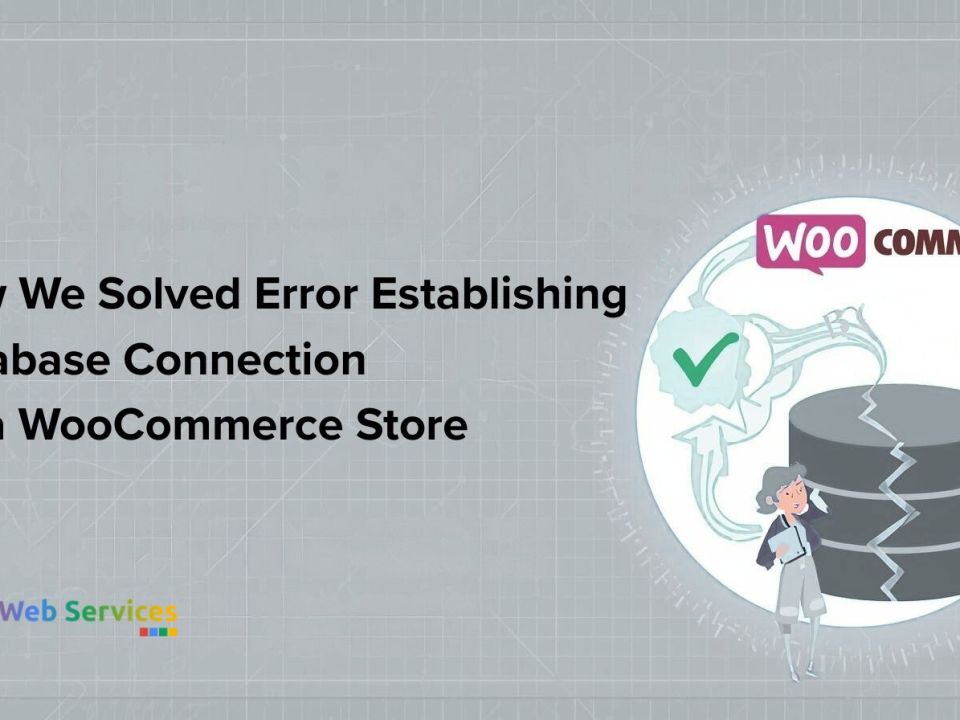The Great Debate: Capex vs. Opex
8 October 2014The Importance of the Cloud for E-Commerce
15 October 2014The impact of cloud computing on business has been considerable, but one of the most interesting influences has been on the way that enterprises both buy and utilise technology resources. A recent conference and exhibition held in New York gave indication of this, as a raft of experts attended and provided insights on where this cloud trend will go in the future.
The consensus of opinion among the business sector is that cloud offers a platform which is effectively self-service. It enables internal customers to make nifty and flexible changes to set-ups, such as with regard to load balancing and firewalls. While there may be reluctance among some companies to move with the times, this is simply becoming a necessity as businesses of all sizes migrate their operations to the cloud.
Entrepreneurs are also concerned with how to pen source internal cloud compares to commercial products. How expensive operating the cloud will be is a continuing concern for businesses, and weighing up expenses can be a key element for many SMEs in particular. Although cloud will give complete control over open source, it is worth considering the economic aspects of the technology in order to assess the best way to implement the cloud your particular business.
Considering technical support
It is not only businesses and commerce that is turning into the cloud in order to improve computing operations. Increasingly, academia is also benefiting from embracing the cloud as well. One academic institution recently noted that after commissioning a staff-implemented, open source cloud in order to save money that they were extremely happy with the setup. This was until it became clear that technical support was required, which effectively wiped out the actual savings made by implementing a cloud in the first place.
What this table tells is not that the cloud was wrong for this institution, but that understanding its parameters and planning ahead accordingly is essential with regard to implementing the cloud effectively. Businesses opting for open source cloud should maintain a realism, and understand that reaching their goal could involve doing something – for example, hiring a vendor for technical support – that they initially intended to avoid.
This is where TD Web Services’ years of implementing the cloud come into effect. We fully understand everything that is required from an open source cloud implementation, and can advise you accordingly on what setup would particularly suit your business. We have worked with SMEs all over the world, and being one ourselves we understand the financial and resource imperatives that small businesses face up to on a daily basis.
Dealing with network slowdowns
Another issue that can rear its head when implementing the cloud is the problem of network slowdowns. When most of us think about slowdowns, we think about computers stalling for significant amounts of perceptible time. But in the increasingly demanding world of commerce, slowdowns can involve fractions of a second.
For example, the Senior Vice President of Level 3 Communications recently indicated that a drinks company made a personal complaint regarding an extra 2 milliseconds of latency. Although this in no way breeched contractual terms, the business in question was still dissatisfied with the service it was receiving, and insisted on raising a grievance.
This underlines the power of cloud computing, and the degree to which small alterations in performance become noticeable. This is why TD Web services set ourselves the very highest standards, and deliver cloud implementations which inevitably produced satisfied customers.
Important of network performance
Additionally, this experience also emphasises that the performance of network is critical to cloud services. We understand at TD Web Services that the network is an essential component of any cloud. If you fail to prioritise the network and give it due consideration then your system will ultimately be sub-par.
Another speaker at the New York conference was Michael Biddick, CEO of Fusion PPT and a writer for Information Week. Biddick spoke about the critical technology of hybrid computing, which is becoming the most important aspect of the cloud thanks to its scalability and flexibility.
But Biddick also pointed out some of the most important considerations for companies intending to implement the hybrid cloud. Providing a complaint and secure system is absolutely essential, and some of the investment in legacy ystems has been unwise and misguided.
Pay attention to SLA
Additionally, he also made comments regarding the value of public cloud service level agreements. He stated that signing up to an effective service level agreements is absolutely essential for many businesses, particularly SMEs. Often service level agreements contain imprecise language which ultimately result in you agreeing to many things that you don’t actually require. Furthermore, it is essential to understand that some promises made in service level agreements can be lacking in concrete delivery. For example, making something like “a commercially reasonable effort to provide continuous service” can be meaningless in practical terms.
TD Web Services toils to avoid any such misunderstandings, and you can be assured that when you sign up with us that we deliver only the best cloud solutions that suit you.









